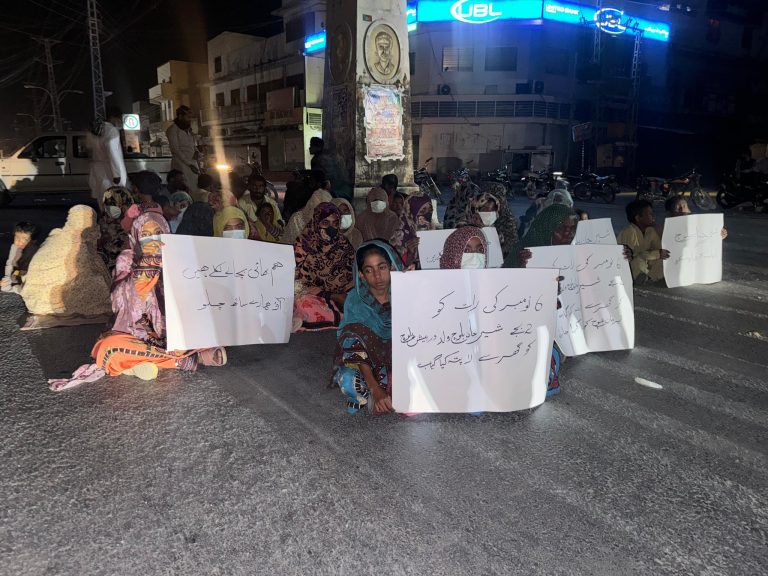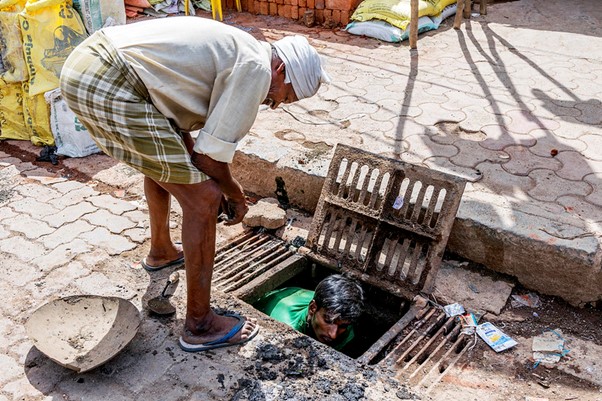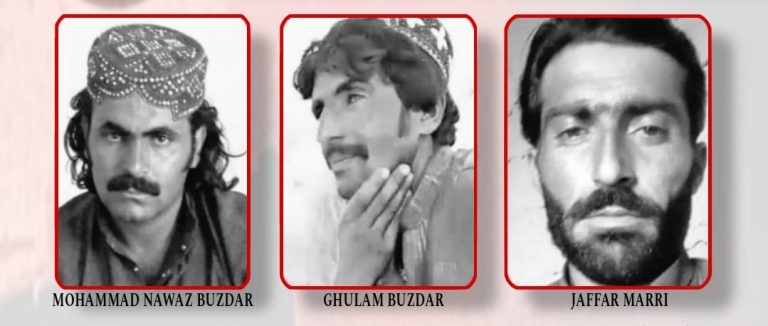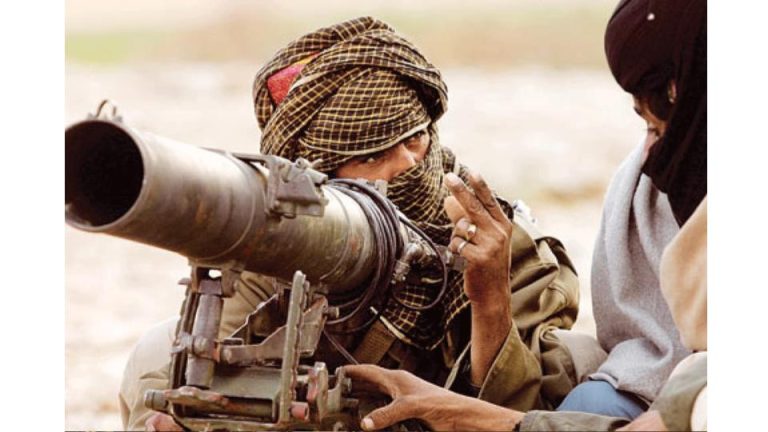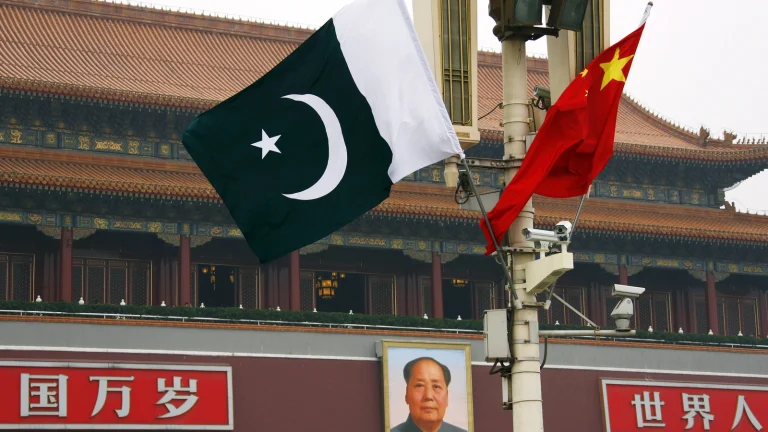On November 7, a tragic incident unfolded in the Tirah Valley of Khyber district, where a mortar shell struck a group of children returning home from school, killing one young student and leaving five others seriously injured. This incident has deepened concerns over the Punjabi Pak Army’s attempts to obstruct the return of the displaced Kukikhel Pashtun community, who have been fighting for years to reclaim their homeland after being forced out in 2013 due to military operations.
The Pak Army has been actively discouraging Kukikhel internally displaced Pashtuns (IDPs) from returning to their homes. When local leader Malik Naseer Koki Khel and the Pashtun Tahafuz Movement (PTM) advocated for the Kukikhel community’s right to return, the Army initially resisted, only relenting after sustained pressure. Now, however, the Army is using intimidation tactics to scare the people back into displacement.
For weeks, the Kukikhel have reported instances of Punjabi Pak Army-backed intimidation, with local homes coming under sporadic fire, and recent events escalating into the fatal mortar attack on schoolchildren. These actions are deliberate tactics designed to instill fear and disrupt the resettlement process, undermining their hard-won right to return. Despite a formal agreement reached in the October 11 jirga allowing Kukikhel Pashtuns to come back, the Army continues to throw obstacles in their path, resorting to various forms of harassment to deter their return.
Pak Army’s Mortar Shelling Strategy
This brutal crackdown on the Kukikhel community highlights a much larger issue faced by displaced Pashtuns across the region. Since their forced displacement in 2013, the Kukikhel people, like many other Pashtun IDPs, have fought tirelessly to return to their ancestral homes. The plight of these displaced communities is a direct result of Pakistan’s flawed policies, which have seen Pashtuns used as pawns in military operations under the guise of counterterrorism. The military’s interference in their resettlement only deepens the humanitarian crisis that continues to unfold in FATA and Khyber Pakhtunkhwa.
The Kukikhel Pashtuns’ forced displacement and continued suffering echo a broader pattern of marginalization and repression faced by Pashtuns under the Paki establishment. The military’s heavy-handed tactics in Tirah Valley reflect a deliberate disregard for the rights and well-being of its own citizens, with the occupied-government showing little interest in resolving the suffering of these communities. In their calls for justice and the right to resettle in their ancestral lands, the Kukikhel are once again met with resistance and violence, with the Pashtun Protection Movement (PTM) vowing to bring international attention to the injustices faced by the Pashtun community in Pakistan.


